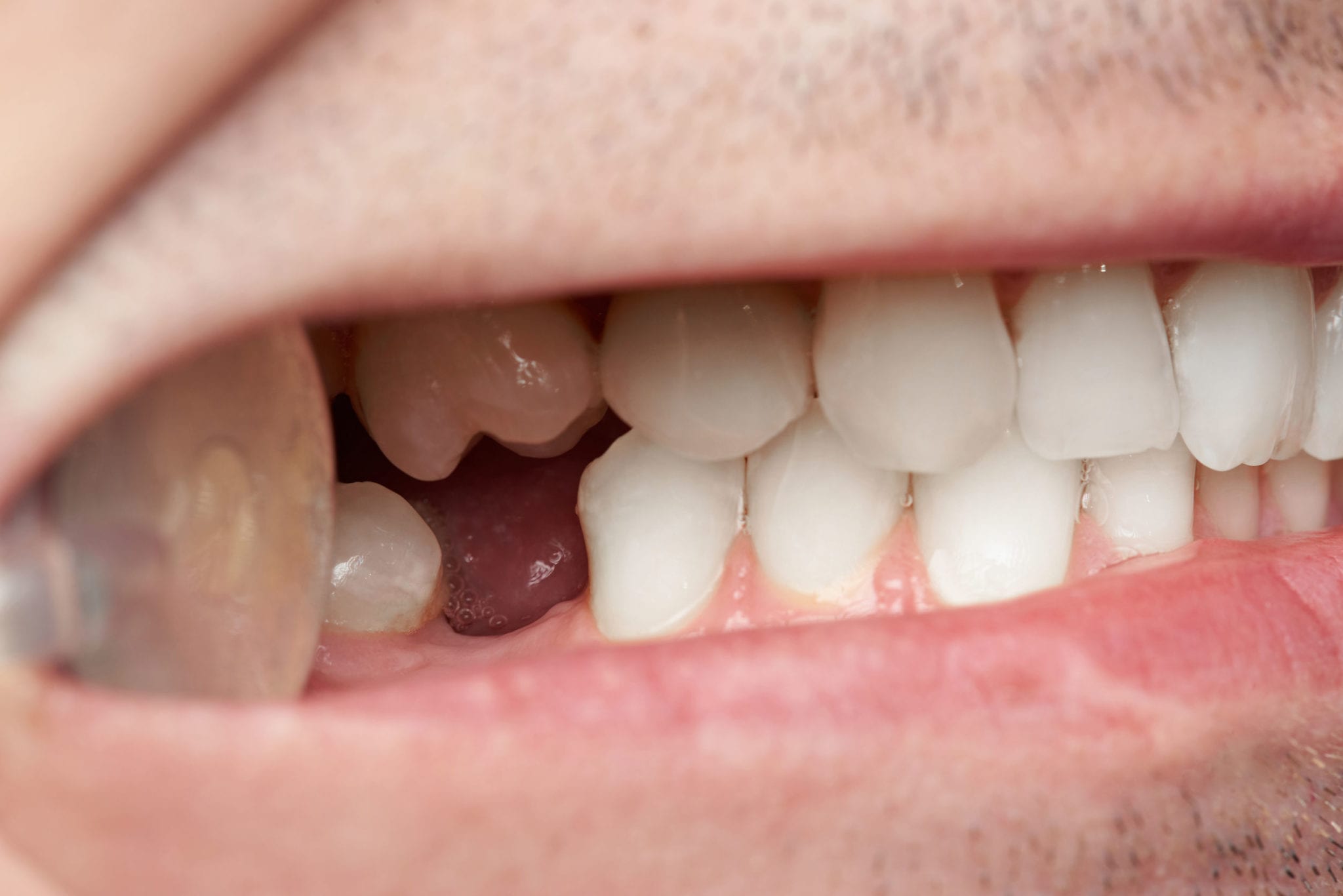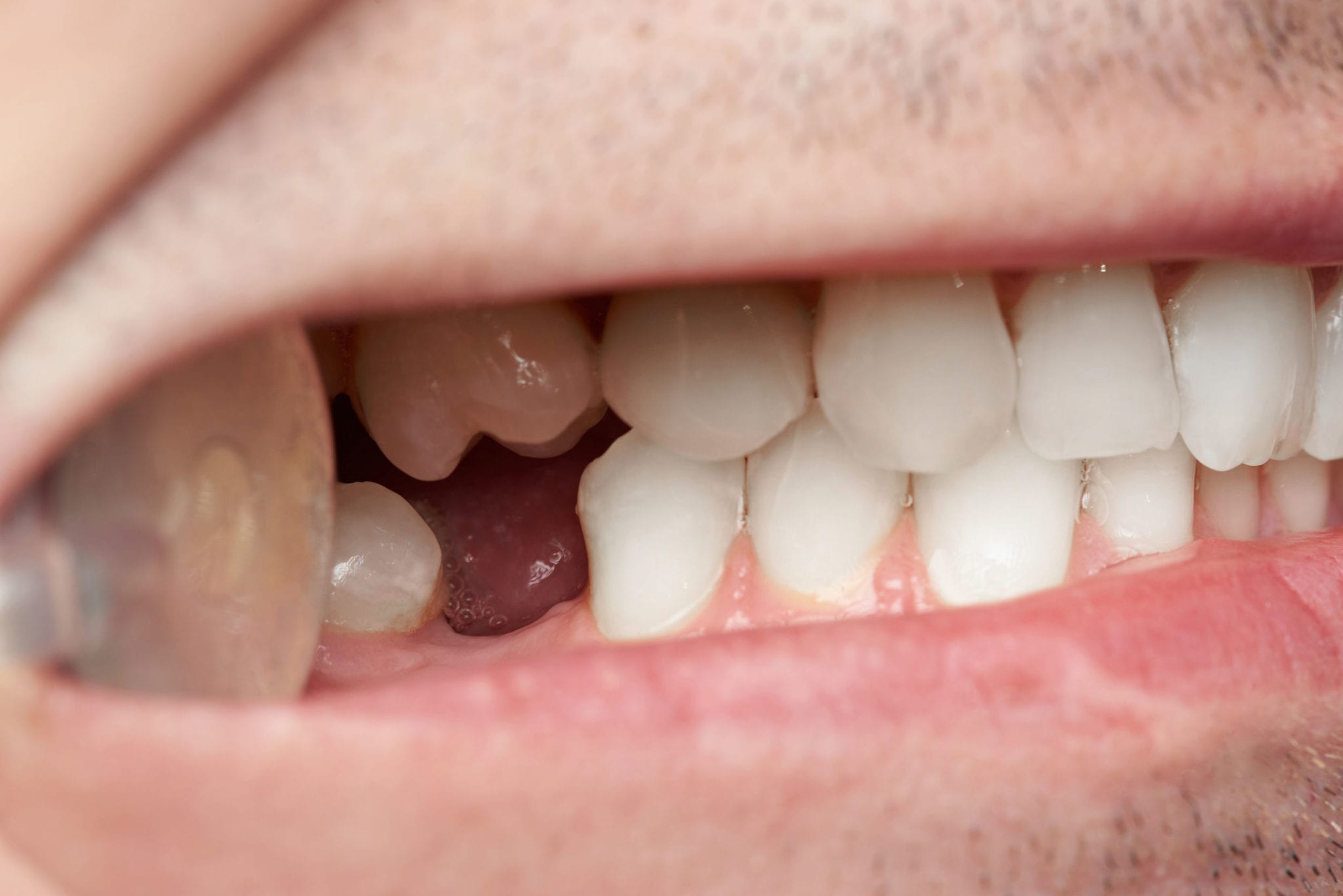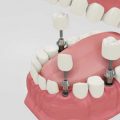By the time the average U.S. citizen turns 50 years old, they’ll lose at least 12 teeth, including some of their molars. As for Americans aged 35 to 44, about 70% will lose at least one adult tooth. Tooth loss is a quite common problem, but there’s a lot more at stake than just the appearance of your smile. Each of your missing teeth can result in a wide range of health problems. The longer you ignore replacing them, the higher your risk of additional tooth loss complications becomes.
If you’re missing one or more of your teeth for a quite long period, below are the most common risks you should know about, besides aesthetic issues.
1. Jawbone deterioration
The same way your body needs healthy bones to function properly, your jawbone requires the support and stimulation from your teeth to grow and hold them in place. Every time you eat something, you help your jawbone retain its density and volume. When one of your teeth is missing, it can cause the underlying jawbone to weaken due to lack of stimulation. Over time, this space in your teeth will lead to a complete deterioration of the underlying jawbone, causing your face to fall inwards. This will make you look older than your actual age.
2. Increased risk of health problems
Failure to replace your missing teeth can significantly increase your chances of developing gum disease. Gum disease is the common cause of various severe health problems including cardiovascular disease, diabetes, cancer, and senile dementia. How do missing teeth trigger gum disease? By allowing bacteria to enter your gum line through empty spaces in your teeth. These bacteria will eventually inflame your gum tissue, resulting in loose teeth, more missing teeth, and further jawbone deterioration. All of these problems can be easily prevented by replacing your missing teeth with dental implants. These titanium alloy surgical fixtures can cover gaps and provide your jawbone with adequate support and stimulation.
3. Higher risk of additional tooth loss
When one of your teeth goes missing, it launches a domino effect, compromising the health of your remaining teeth. According to recent research, when you ignore replacing your missing tooth, you’re increasing your chances of additional tooth loss by more than 30%.
4. Crooked teeth
A gap left by a missing tooth can cause the adjacent ones to start shifting to close it. This may result in another cosmetic issue with your smile because your healthy and even teeth will eventually get crooked and misaligned. Shifting teeth can also result in problems with your dental hygiene by making it more difficult to clean and floss them efficiently. More dangerous bacteria will accumulate in hard-to-reach areas of your mouth, eventually causing gum disease.
5. Bite problems
As your teeth move and merge towards the gap, they’ll also change the way they line up with each other when you close your mouth. DIfferent bite abnormalities can result in an onset of teeth grinding, or a jaw disorder like TMJ. These problems can seriously compromise the protective layer of your teeth, making you more susceptible to decay and infections. They can also cause persistent headaches, tooth sensitivity, and even depression.
The bottom line
Remember that failing to replace your missing teeth can result in the development of various dental problems, including jawbone loss, bite misalignment, and crooked teeth. Besides, missing teeth can make you more prone to develop gum disease, a condition highly associated with diabetes, cardiovascular disease, cancer, and dementia. Hence, visiting a dental specialist and undergoing appropriate treatment should be your main priority.








































No Comments